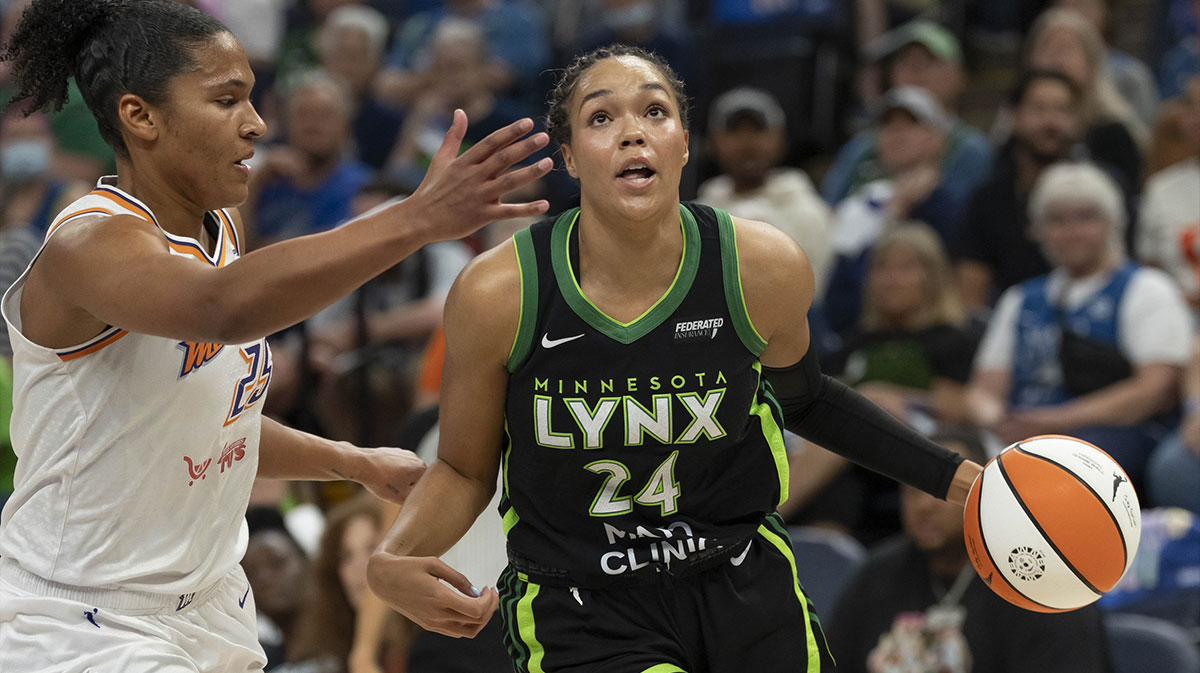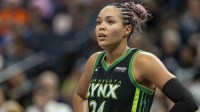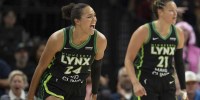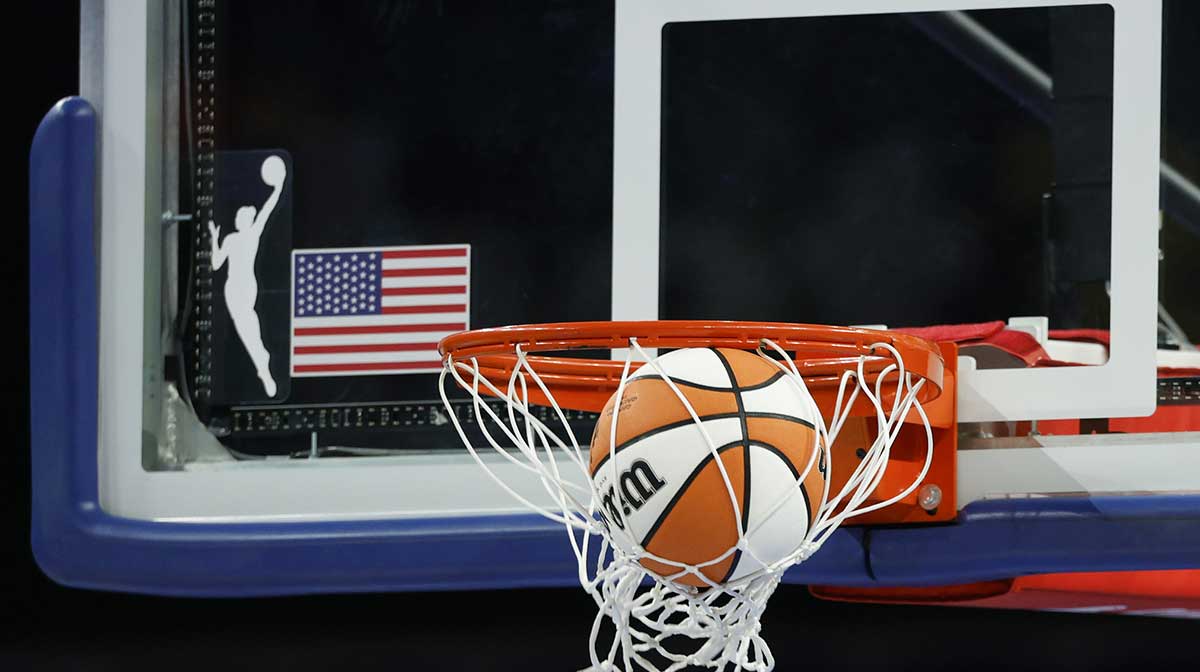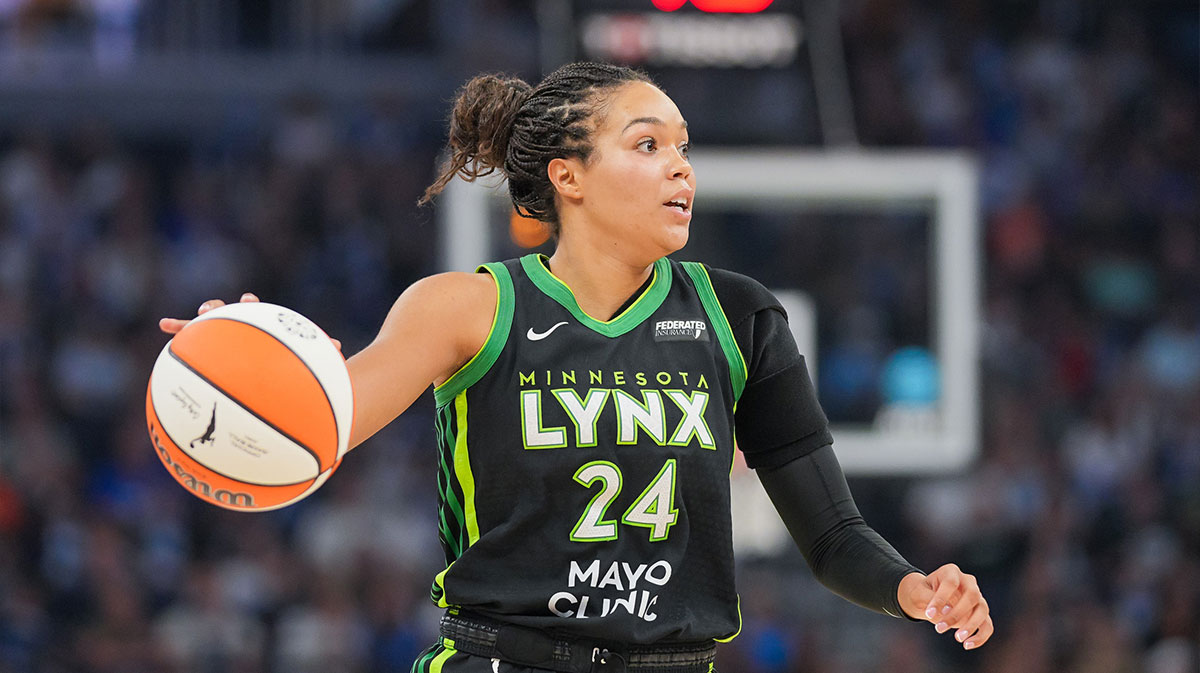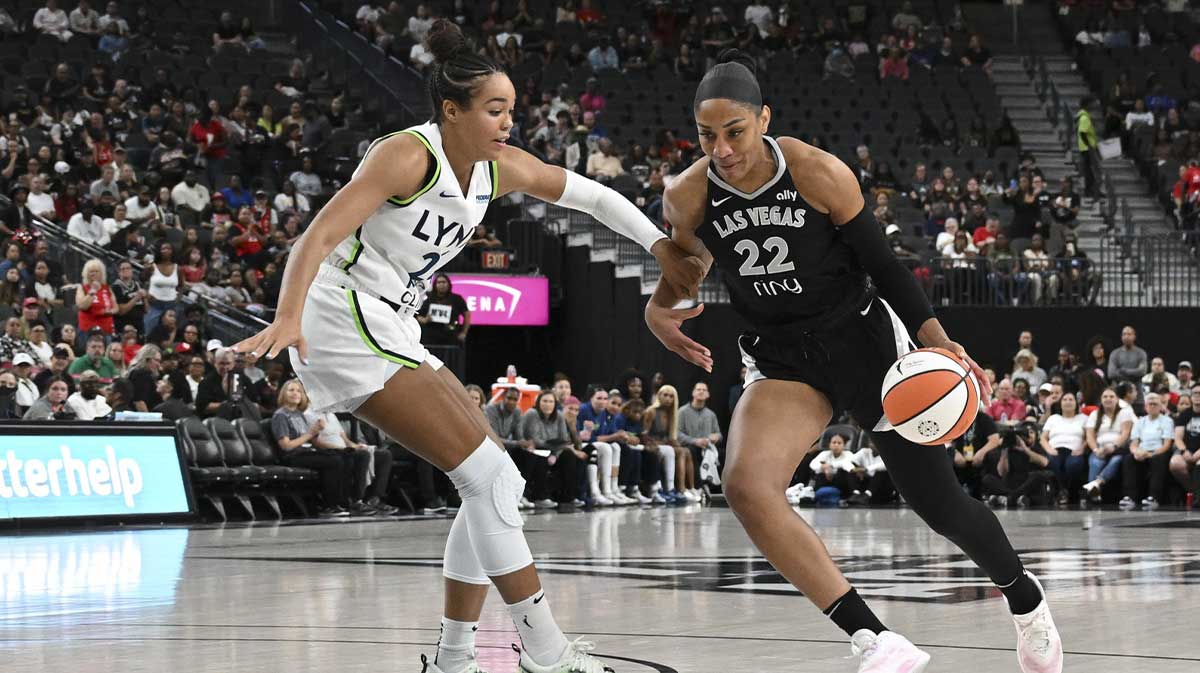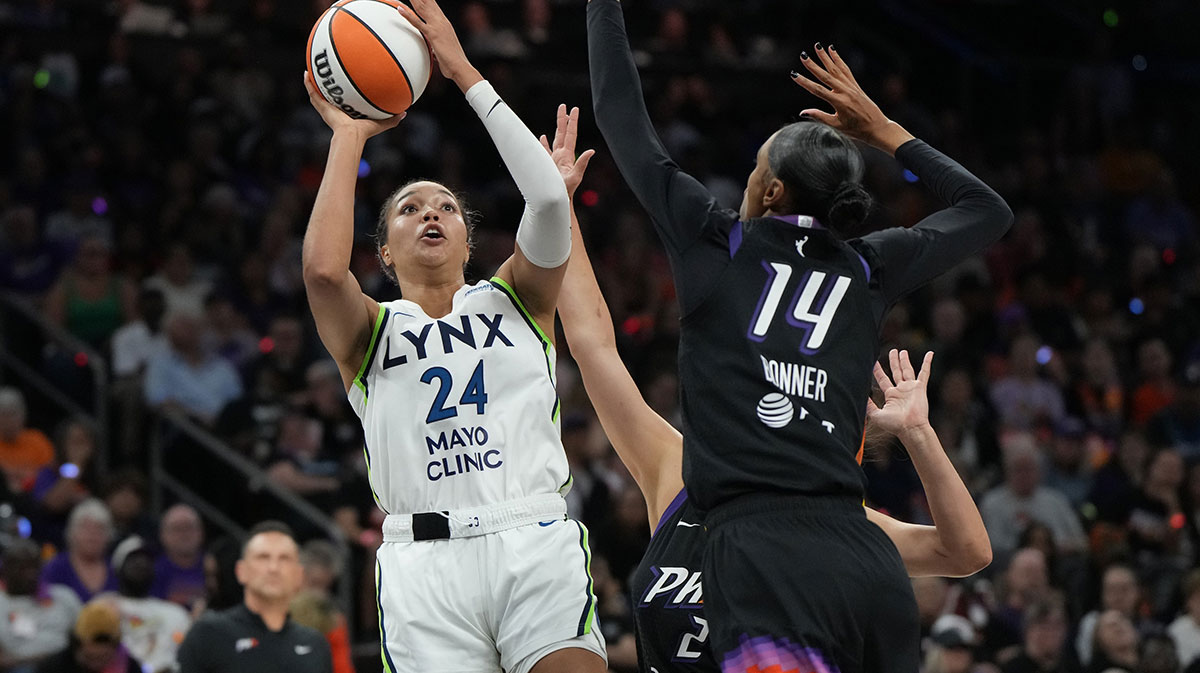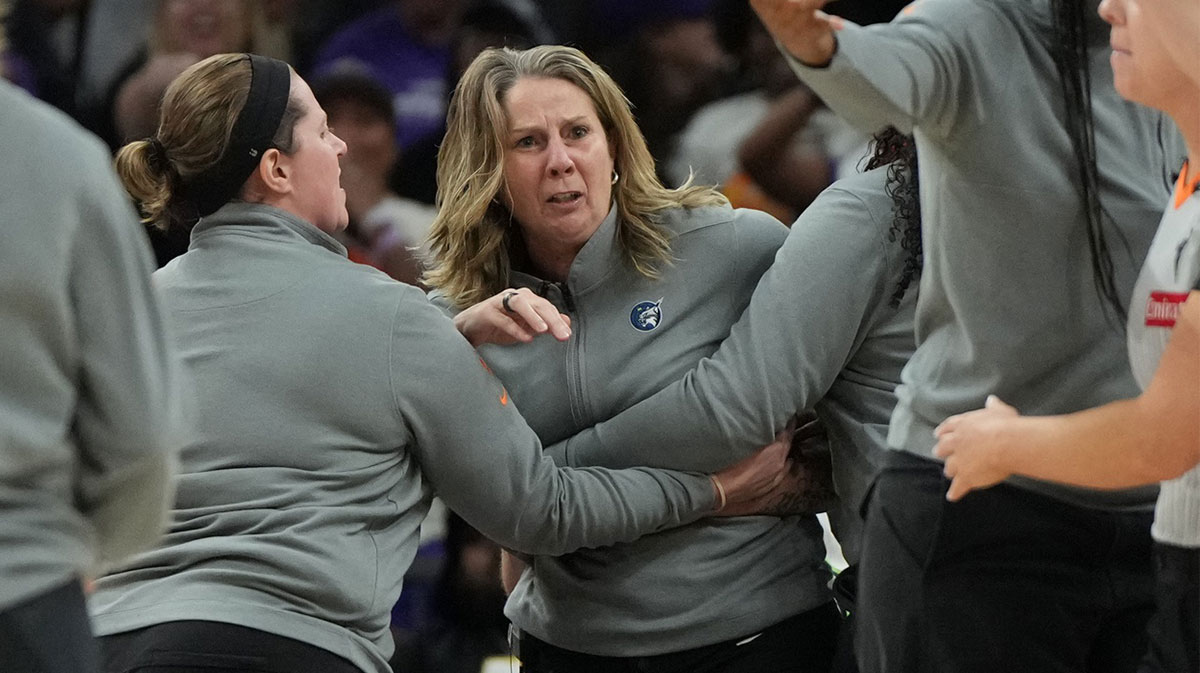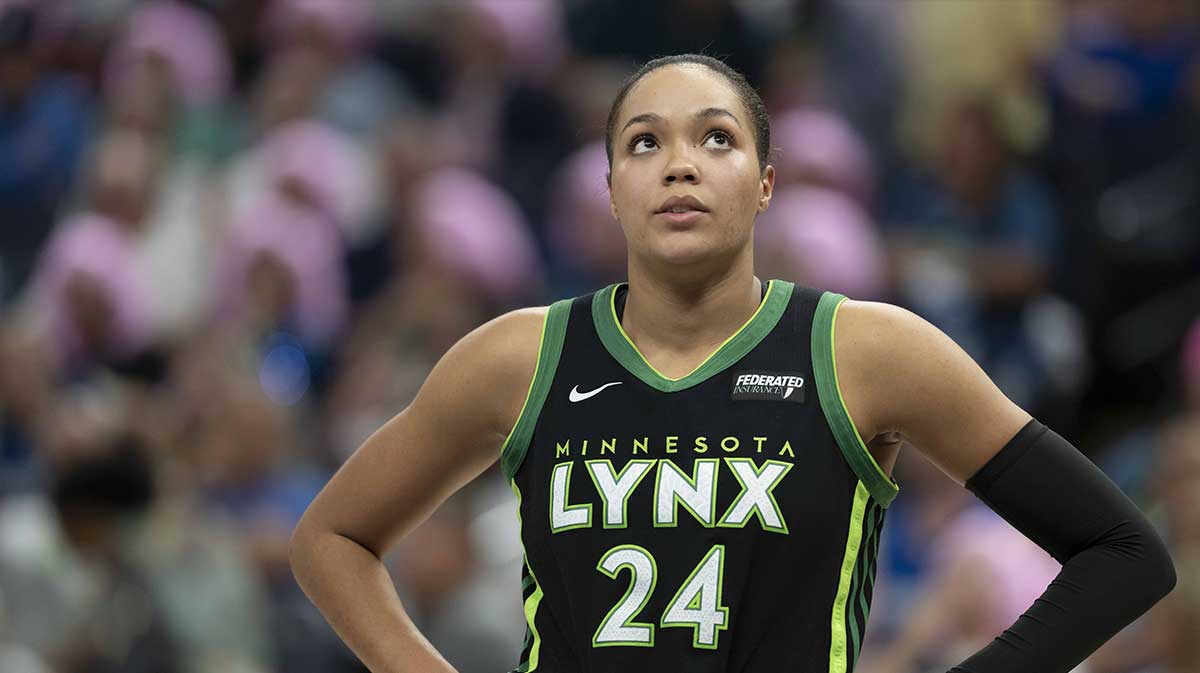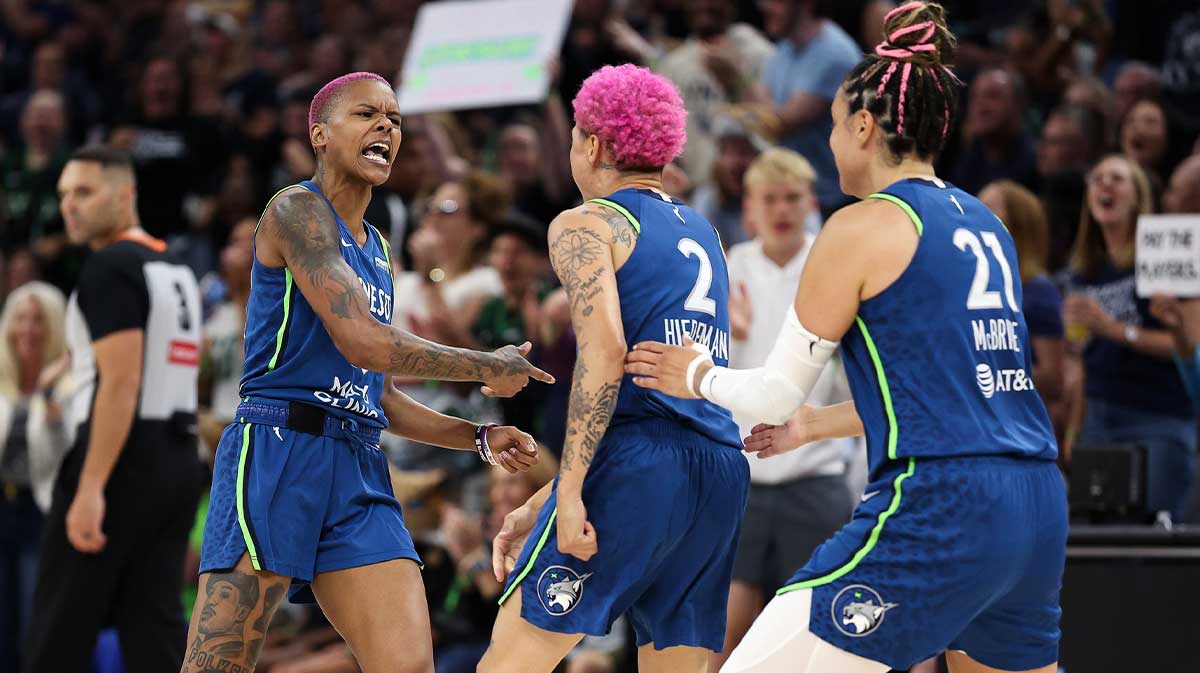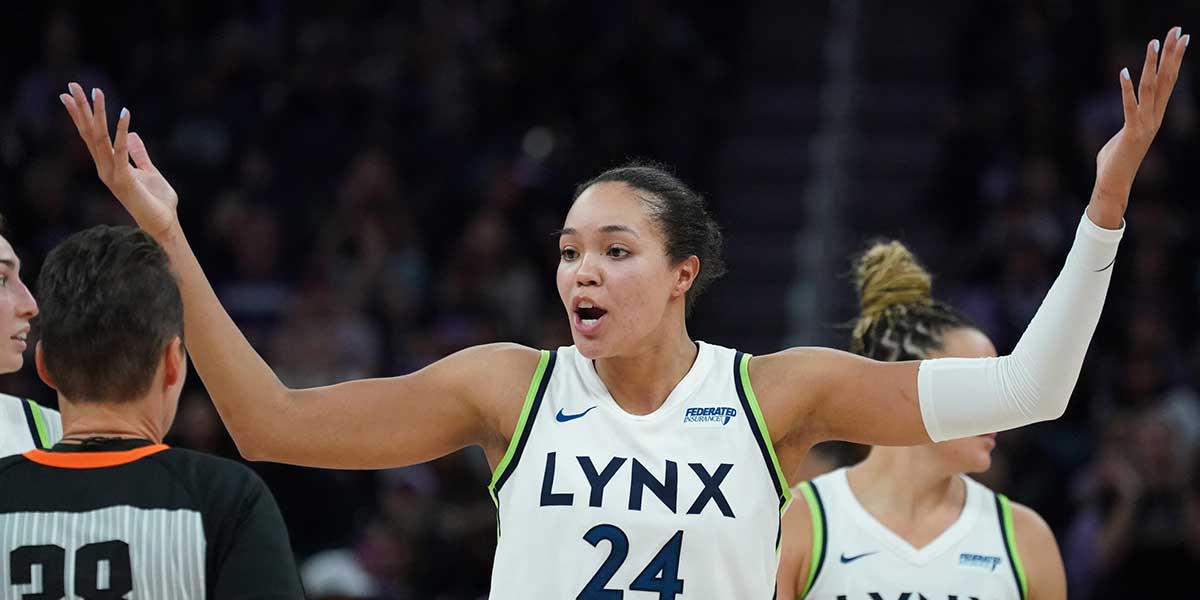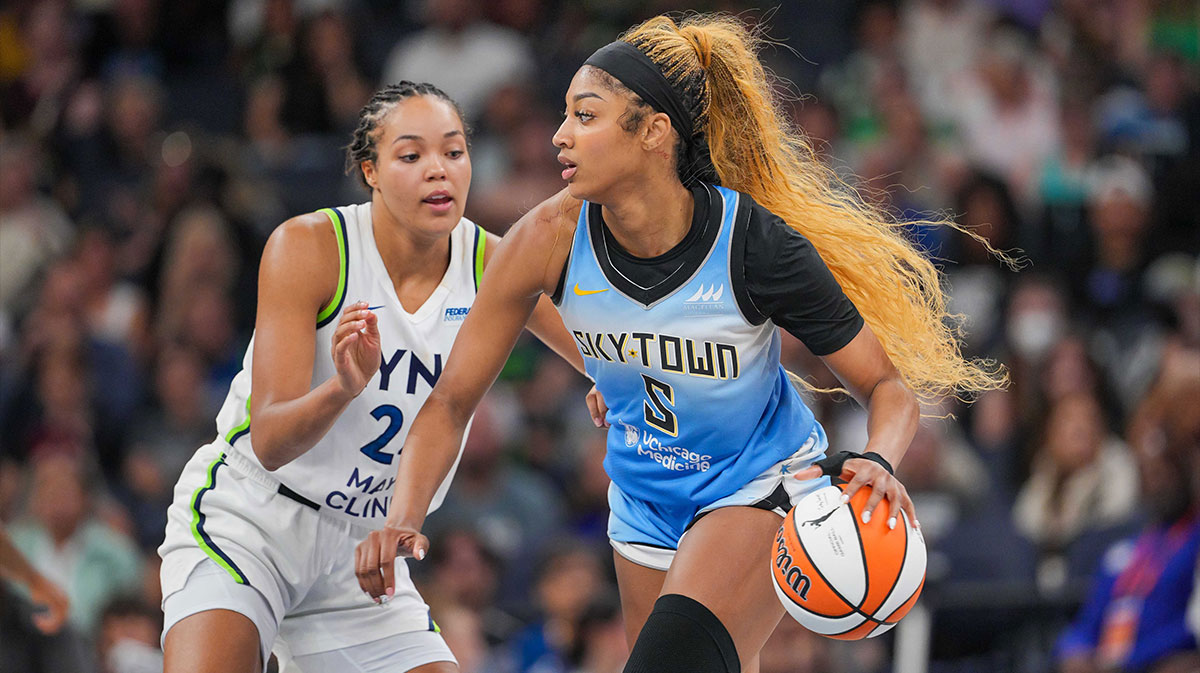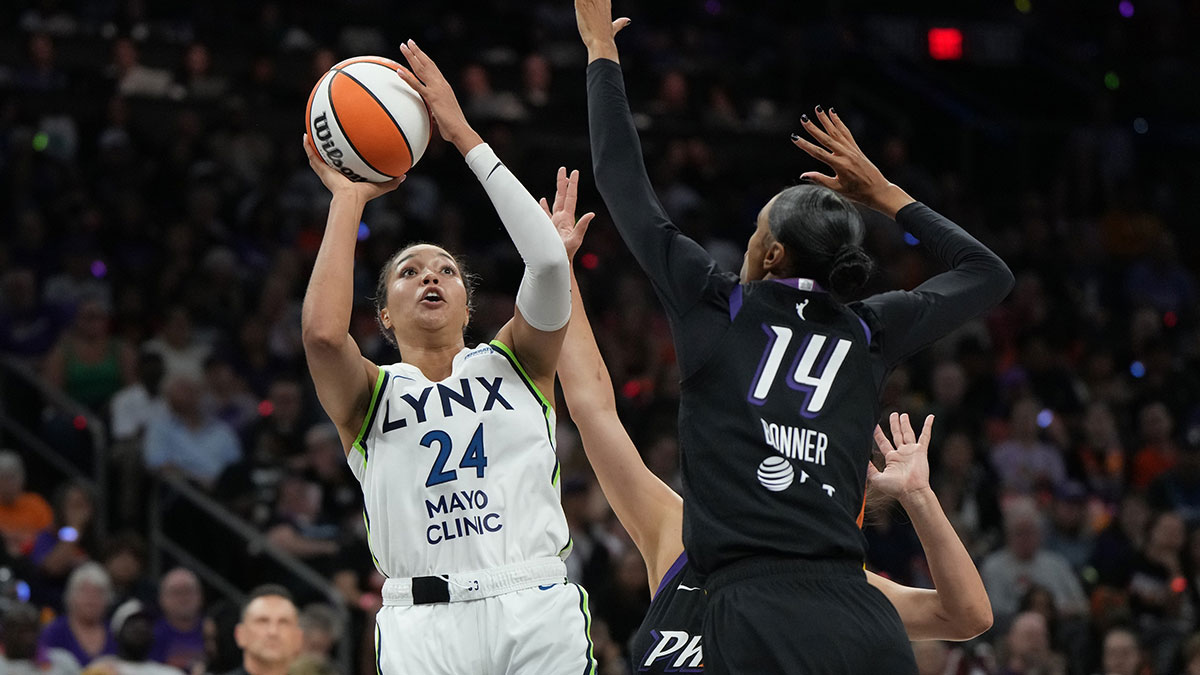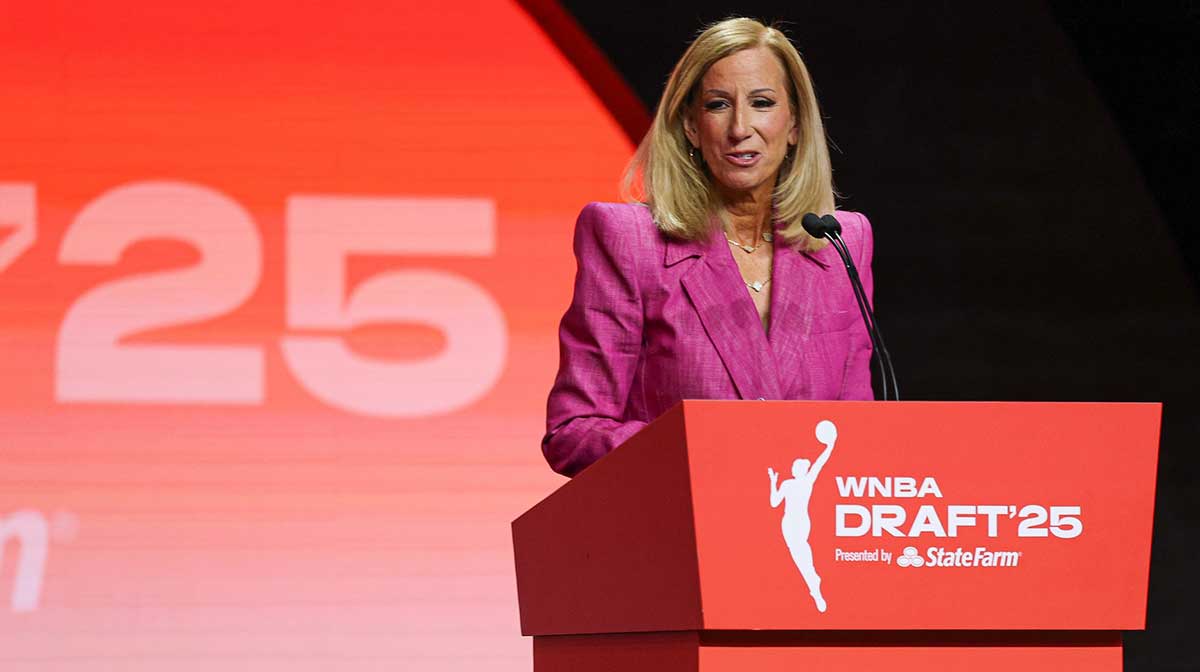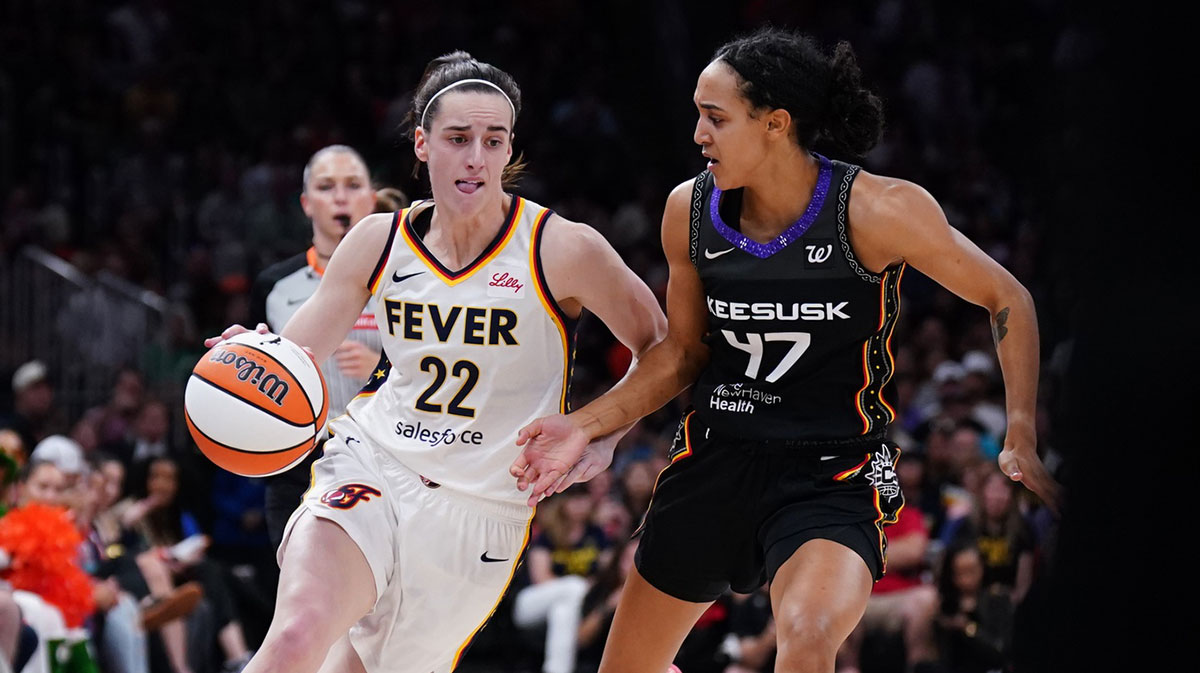When Napheesa Collier rolled up her sleeves on Tuesday, September 30, before her Minnesota Lynx season exit interview, something was about to shift in the WNBA forever.
Her grandfather, Gershon Collier, helped Sierra Leone negotiate independence from Britain in 1961, according to a 2019 CBS Sports profile. A civil war in 1991 drove her father to the U.S., where he settled in Missouri and started a family.
“When you picture the powerful people in history, my grandfather is one of them, and I'm directly related to him, so that's pretty powerful,” Collier told CBS Sports then.
Her college coach, Geno Auriemma, saw it early. “She carries herself as if there's something beyond basketball in her life and whether that's genetic…that's a reflection of her heritage,” he said.
Now she's becoming that same kind of powerful. Now she's negotiating for something the WNBA desperately needs: accountability.
“We have the best players in the world, we have the best fans in the world, but right now we have the worst leadership in the world,” Collier said.
That line hit hard. Why do women always have to fight this hard?
The receipts
Collier didn't just complain. She came prepared with a written statement, rolled up her sleeves, and laid out receipts that should cost Commissioner Cathy Engelbert her job.
“This conversation is not about winning or losing,” Collier said. “It's about something much bigger. The real threat to our league isn't money, it isn't ratings or even missed calls or even physical play. It's the lack of accountability from the league office.”
She detailed a February visit Engelbert made to Unrivaled, the league Collier co-founded, where she asked how the WNBA planned to address officiating issues. Engelbert's response: “Only the losers complain about the refs.”
When Collier asked how the league would fix the fact that players like Caitlin Clark, Angel Reese, and Paige Bueckers drive massive revenue while making minimal salaries their first four years, Engelbert said Clark “should be grateful she makes $16 million off the court because without the platform the WNBA gives her she wouldn't make anything.”
Englebert also said, “Players should be on their knees thanking their lucky stars for the media rights deal that I got them.” Collier adding, “That's the mentality that's driving our league from the top.”
Clark has not heard from Engelbert since.
The support keeps coming
In the days since Collier's September 30 exit interview, support hasn't just trickled in; it has poured.
“I have a great respect for Phee, and I think she made very valid points,” Clark said. “I think what people need to understand we need great leadership in this time across all levels. This is a moment we have to capitalize on.”
Even retired star Elena Delle Donne weighed in: “It's the care for the human part for me. I'm not sure Cathy knows I'm retired. Heard from everyone but her.”
That last one stings. A decorated player retires and the commissioner doesn't acknowledge it? That's not leadership. Period.
Then Thursday, on the show “Post Moves” with Candace Parker and Aliyah Boston, the conversation went deeper.
Parker didn't mince words: “What was interesting was the amount of players that came to the defense of Phee and the crickets that came to the defense of Cathy for me.”
Then she revealed something stunning. She receives gifts from NBA Commissioner Adam Silver every year but has never heard from Engelbert. She's not alone. Sabrina Ionescu admitted she has a better relationship with Silver than with her own league's commissioner.
“Everyone's had this same sentiment for a very long time,” Parker said, adding that the disconnect may be about relationships, not just business.
Aliyah Boston connected it to the bigger picture: “This is an important time. With the CBA negotiations. When you look at leagues around the world it is about caring for your athletes and that's just not the feeling right now.”
Sustainability or excuses?
Collier challenged the league's “sustainability” claims in her exit interview, pointing out that teams are selling for $300 million with valuations approaching half a billion dollars.
Meanwhile, the WNBA is benefiting more from Clark than she is from them. Clark's Iowa fanbase drove record attendance numbers across the league. She delivered the most-watched WNBA game ever on cable. Yet Engelbert suggests Clark should be grateful for the platform?
That's backward. The platform is booming because of Clark and players like her. This is the core problem: Leadership that sees players as lucky to be there, not as the reason anyone's watching.
Engelbert's response to all of this was telling.
“I am disheartened by how Napheesa characterized our conversations and league leadership, but even when our perspectives differ, my commitment to the players and to this work will not waver,” she said.
That's not accountability. Collier called for action, and Engelbert didn't acknowledge a single point she made.
Why Napheesa Collier will win
Here's why this moment is different. Collier is the 2024 MVP and two-time Defensive Player of the Year with the entire league's respect. She's earned her place and her platform. She's vice president of the Players Association with the collective bargaining agreement deadline approaching. And she co-founded Unrivaled, a $340 million offseason league that allows players to earn in the U.S. instead of going overseas.
She's brought these issues to Engelbert time and time again. Canceling their scheduled meeting to meet with Kamala Harris instead? That's elevating this to a national conversation.
In that conversation with Harris, Collier emphasized that players aren't seeing change, and she's fed up.
“Whether I was going to get annihilated for this or if people were going to support me, I felt what I was doing was right. I felt like it needed to be said.”
Collier's grandfather fought colonial powers for his country's freedom. She's fighting institutional power for players to be treated with respect in a league they have built. Both fights require the same thing, refusing to be silenced when the system fails the people it's supposed to serve.
“I will not stand quietly by and allow different standards to be applied at the league level,” Collier said.
The WNBA is in a defining moment. The league can evolve with leadership that values its players, or it can prove Collier right about having the worst leadership in the world while watching talent and credibility drain away.
Either way, Napheesa Collier just changed the trajectory. The only question is whether the WNBA will change with her.

